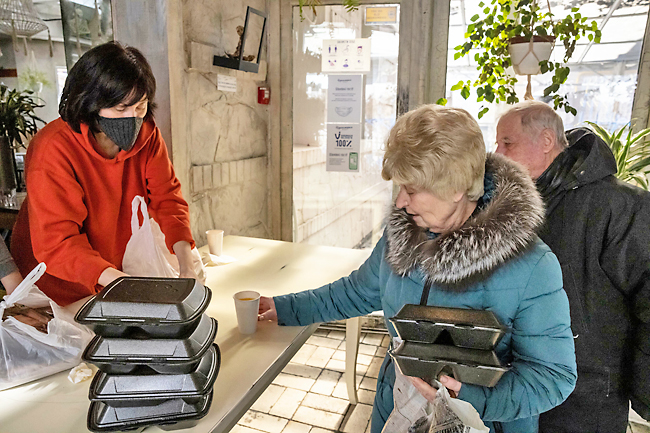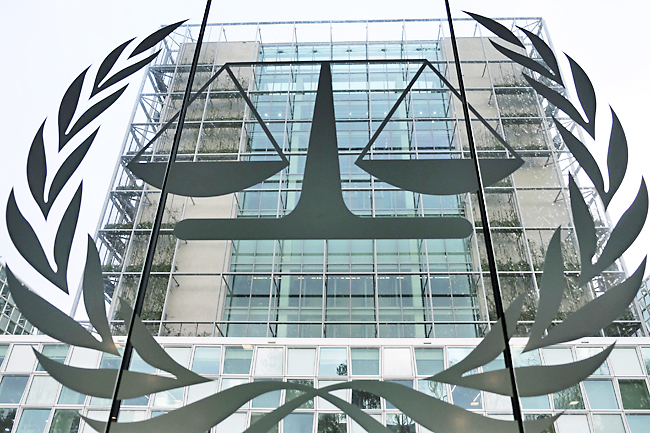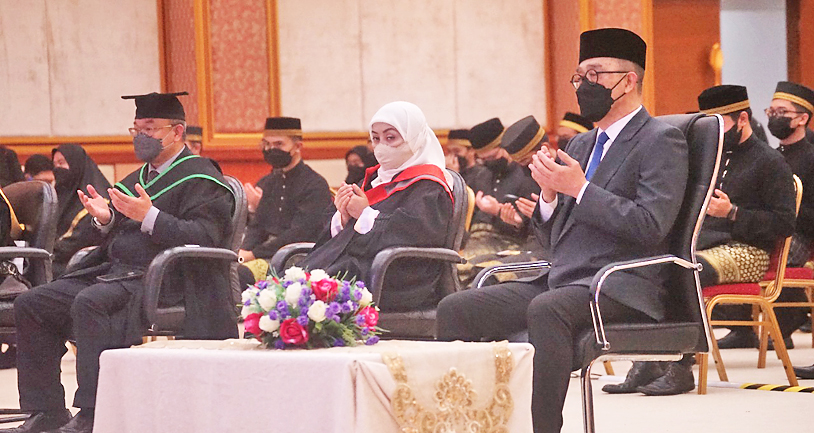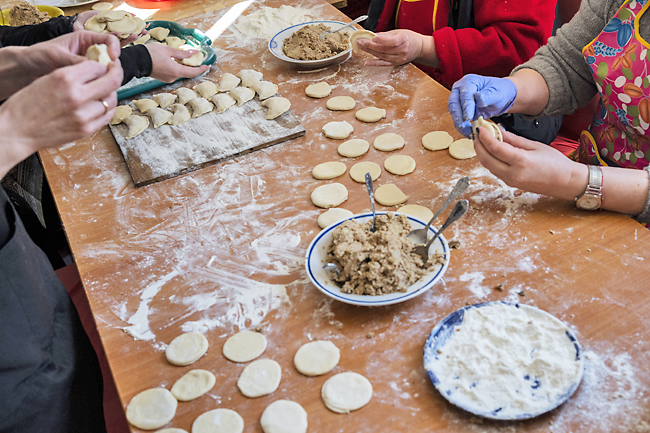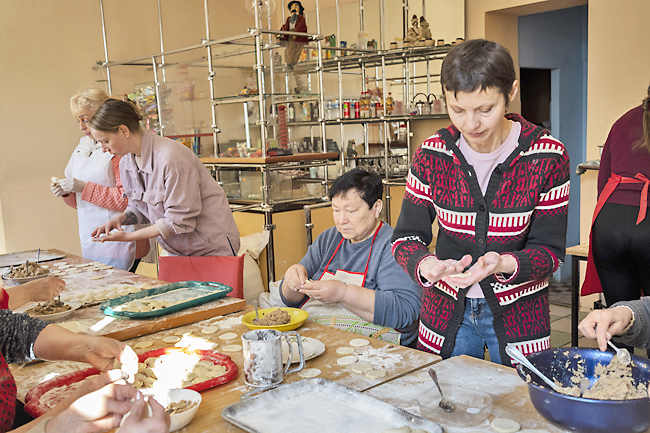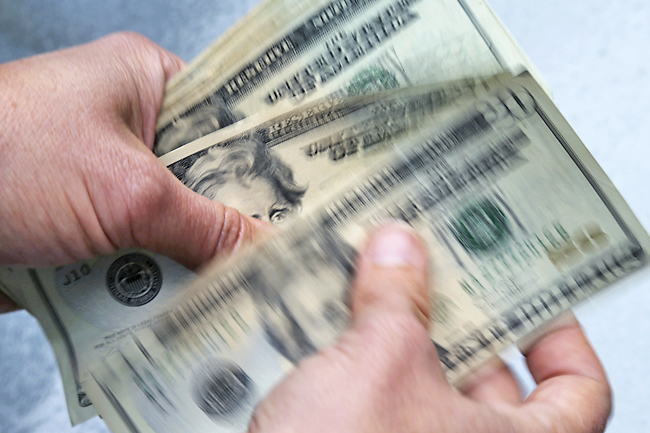Standard Chartered Bank
Save water and you can save your money. Like everything in the world, nothing comes for free – even water.
Saving water effectively reduces the amount of your utility bills.
By making a few simple changes to use water more efficiently, you could be saving a lot of money in the long run, all the while conserving the environment for future generations to come, a win-win situation.
As we celebrated World Water Day on 22 March, let’s take time to see how we can save this precious resource while saving money.
CUTTING DOWN SHOWER TIME
If you like to take your time in the shower, you may want to consider kicking that habit.
A shower can use up to nine to 45 litres of water per minute. Ideally you should aim to finish showering in under five minutes.
If you don’t think you can get squeaky clean in such a short period of time, just shortening your usual shower time by a minute or two could save up to 90 litres. On average, people shower twice a day. That is over 5,000 litres of water you can save in a month! Another way to save water while you shower is to turn off the showerhead when you soap yourself and shampoo your hair.

TURN OFF THAT TAP
Whether you’re brushing your teeth, shaving or soaping your hands, make it a point to turn off the tap when you don’t need to use water for the moment.
As a running tap uses up to six litres of water in a minute, turning off the tap while brushing your teeth can save up to five litres each time.
INSTALL WATER EFFICIENT APPLIANCES
Take a quick look at your bathroom and if you see any old appliances, it’s time to get an upgrade – and this isn’t just so it looks nicer. Installing water efficient appliances may seem like a costly job but it will pay off.
Older toilet designs use way more water than needed to flush away waste, with as much as 14 litres wasted in one flush. Newer ones are just as efficient at getting rid of waste without using up so much water. Opt to install the dual flush models that use as little as 2.6 and four litres of water per flush.
You could also install low flow showerheads. They are relatively inexpensive, easy to install and can be found at any hardware store.
With low flow showerheads, you would be cutting down the amount of water used during showers as they deliver less water per minute as opposed to regular showerheads.
With advances in showerhead technology, you probably won’t even tell the difference until you check your utility bills.
Another appliance you can replace is your water taps. You can opt for self-closing taps or even spray taps. With spray taps, you can reduce water flow from six litres a minute down to two litres a minute with the same effectiveness for hand washing.
CHECK FOR LEAKS
A slow stream of water can waste almost 1,000 litres a day – imagine the huge bite it takes out of your wallet. It would be worthwhile to check your taps and other bathroom appliances for any leaks. Fixing a leaky tap can save between 3,000 and 5,000 litres each year. Check for toilet leaks by placing a few drops of colouring into your toilet tank. If the colour seeps into the toilet bowl without flushing, you have a leak.
So now that you’ve sorted out how you can manage water usage in your bathroom – what about other places in your house?
TAKE CAUTION WITH THE HOSE
A regular hosepipe uses as much as 1,000 litres of water per hour so you may want to consider switching to a pistol-style hose nozzle if you want to cut down on your water usage because they shut off automatically.
COLLECT RAIN WATER
Since it rains quite often here, it would be useful to install a rain barrel. The rainwater collected can be used to water your plants in your garden or washing external areas of your home. Rain-harvested water could potentially save up to 50 per cent of your water costs.
MONITOR YOUR METRE
A final tip for you to ensure efficient water usage and effectively, cutting your costs, would be to check your water metre regularly. The readings can give you an indication to trends or leakages. Turn off all taps and water outlets and take a reading of your metre. Wait for 30 minutes and then take the next reading.
If you see a change in the dial or numbers despite having all your appliances turned off, there’s a leak in your pipes.
This article is for general information purposes only and while the information in it is believed to be reliable, it has not been independently verified by us. You are advised to exercise your own independent judgement with the contents in this article.

